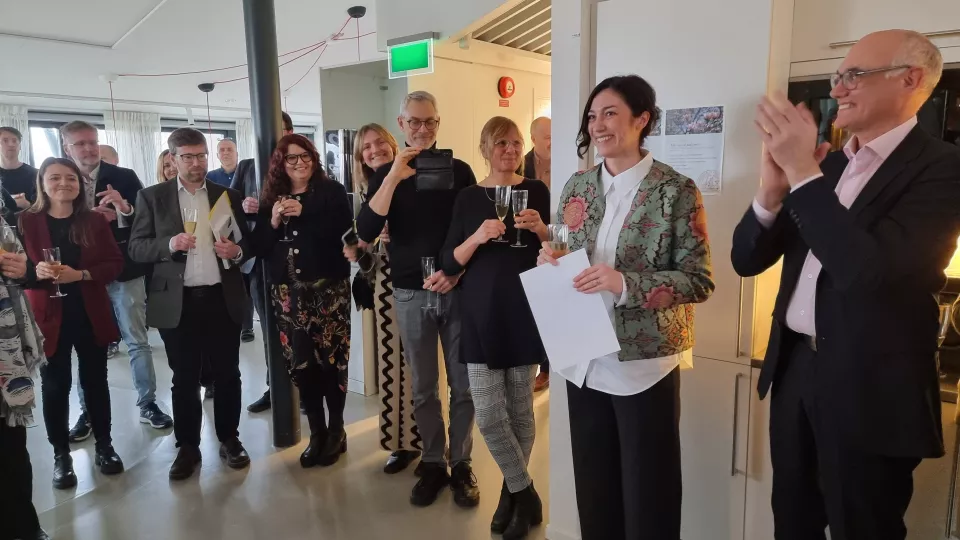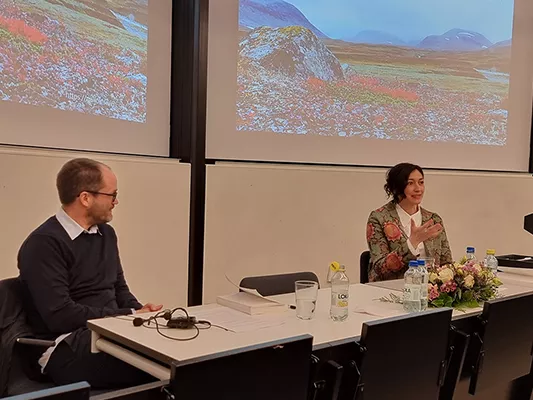The comfort of alignment: Mining, green steel, and killjoy desires in Sweden/Sápmi
Abstract
This dissertation deals with Swedish extractivism in Sápmi through the examples of a planned iron ore mine in Gállok/Kallak and the hydrogen-based steel transition. The main aim is to understand the trust that is placed in extraction as a means to arrive at a happy, prosperous, green future. Drawing on Lacanian psychoanalysis and Sara Ahmed’s notion of the promise of happiness, I suggest that extraction constitutes an object of desire toward which people tend in an affective investment, an anticipation of happiness in the future. The fantasy imposes fears of transgression that suggest that misalignment comes with the risk of forfeiting the only alternative to arrive at happiness. As such, I critique the position of rationality that advocates of extraction often monopolize for the sake of the dismissal of alternative development trajectories. Alignment with the fantasy of extraction is generally a comfortable position given the dominant social order. I show, however, that extraction in the North in fact is not a comfortable undertaking but a path that is upheld and imposed despite discomfort instigated through environmental and societal harms. I show how the emphasis on extraction in the Swedish steel transition requires a dismissal of environmental detriments other than emissions, a sacrifice of land and people by weighing green against green. Despite the hopes that come with green steel to onboard processing, diversify local economies, and break with resource colony tendencies of North-South dynamics, this results in a rearticulation of the North as a resource frontier and a re-inscription of colonial relations and indigenous injustice. While the allure of the fantasy disguises alternative trajectories I show that the misaligned interject productive ruptures in extractive desires. The alternatives they outline echo academic calls for dematerialization, a dismantling of the growth paradigm for the sake of reciprocity, care, and regeneration. These ruptures of the extractive allure may serve as entry points into anti-extractive futures that hold real potential to dismantle the North as a treasure trove for extraction. The dissertation builds on fieldwork data consisting of 65 interviews, twelve observations, and secondary material that is read as performative expressions through narrative analysis.
Supervisor: Anders Uhlin
Assistant supervisor: Annika Bergman Rosamond
External reviewer: Associate Professor Mattias Borg Rasmussen, University of Copenhagen
More information about the thesis is available in the Lund University Research Portal



